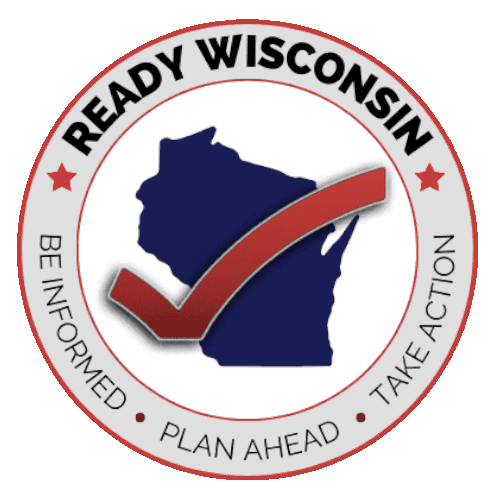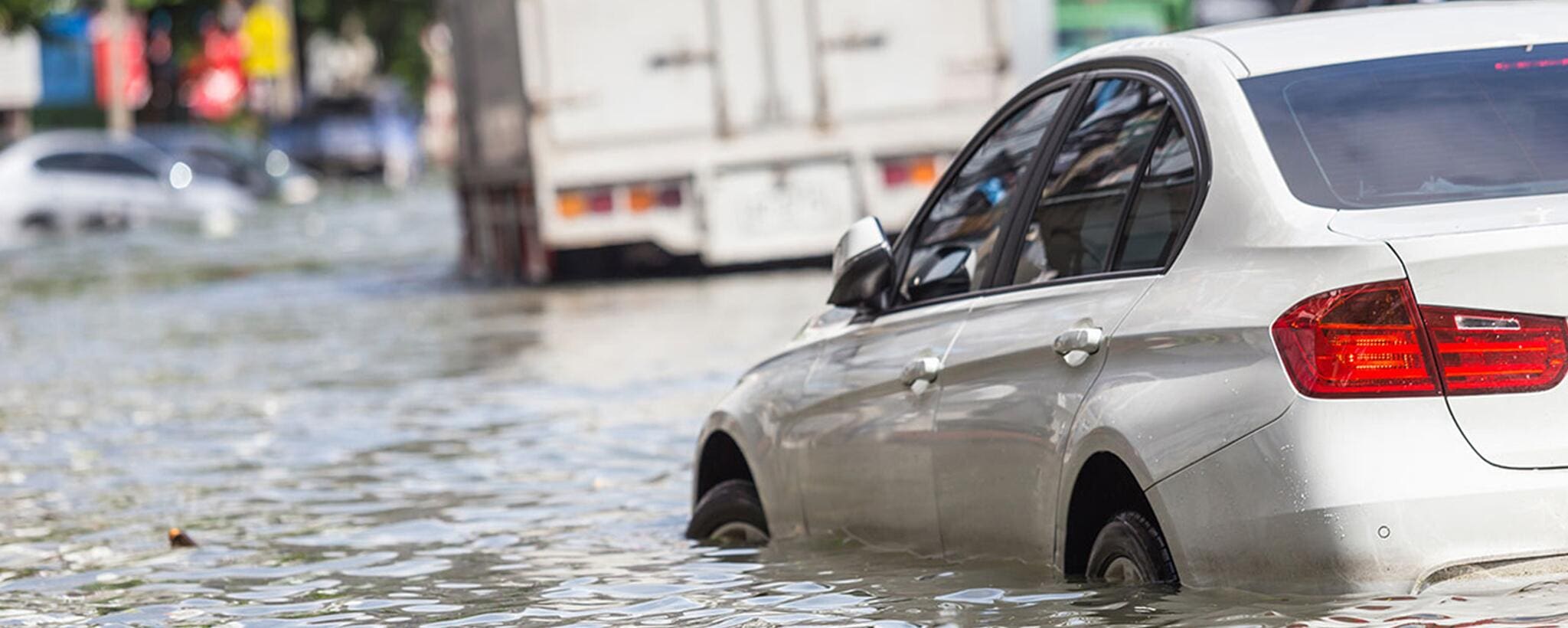On August 9, storms moved across our region, producing heavy amounts of rain in parts of the state. Gov. Tony Evers declared a state of emergency on August 11 after flooding caused extensive damage in parts of the state.
If you need assistance, have unmet needs, or need to report property damage, contact 211 Wisconsin. This can be done by dialing 2-1-1 or going online to their website at https://211wisconsin.communityos.org/.
Apply for Disaster Assistance
FEMA Application Period Ended Nov. 12
- Applications will still be processed beyond Nov. 12
- Stay engaged with your application by checking status updates, respond to requests, and review your decision letter. You can check your application status online through your account at DisasterAssistance.gov or call the FEMA Helpline at 1-800-621-3362.
- If you disagree with a FEMA decision, whether if you are approved or how much assistance you received, you can appeal that decision within 60 days of the date on your letter. Learn more at: https://www.fema.gov/assistance/individual/after-applying/appeals
State Press Releases
- DWD Announces Disaster Unemployment Assistance for Wisconsinites Impacted by Recent Severe Storms and Historic Flooding
- Gov. Evers Announces Joint Damage Assessments Completed for Damage to Roads and Public Infrastructure from August Floods and Storms in Six Counties
- SBA Offers Disaster Relief to Wisconsin Businesses, Private Nonprofits and Residents Affected by August Severe Storms
- Gov. Evers Secures Federal Disaster Declaration Approval for Recent Severe Storms and Historic Flooding Across Wisconsin
- Gov. Evers Requests FEMA Support to Assess and Respond to Storm Damage in Wisconsin
- Gov. Evers Declares State of Emergency for Flash Flooding and Storm Damage Across Wisconsin
- Wisconsin Office of the Commissioner of Insurance Shares Tips for Communities with Flood Damage
- Wisconsin Department of Military Affairs Announces Arrival of FEMA Preliminary Damage Assessment Teams in Milwaukee Metro Area
- Gov. Evers Requests Presidential Disaster Declaration from President Trump for Recent Severe Storms and Historic Flooding, Urges Quick Approval
- Consumers Should Seek Trustworthy Contractors After Flood Damage
Local Updates & Information
Disaster Recovery Frequently Asked Questions
Resources
Flood Cleanup
Health Safety
Insurance
Home Repairs
- Home Improvement Tips (PDF Download)
- Home Improvement scammers
- WI DATCP Consumer Protection Hotline
- Call toll-free at (800) 422-7128
- Email: DATCPHotline@wisconsin.gov
Agriculture-Related Flood Resources
Protecting Oneself from Scams After a Disaster
Scams often pop up after natural disasters or emergencies. You can avoid scams by being and staying aware of common scam tactics.
Imposter Scams & Phishing
Be aware of imposters. Scammers may pose as important people. They may claim they are working with a government agency. They bait their victim with great offers. Or they scare them with threats. They are ‘phishing’ for personal or financial information. Their goal is to get you to react through emotion instead of logic.
Possible types of natural disaster scams include:
- Fraudulent charities soliciting donations for disaster victims that often imitate the names of charities linked to the disaster.
- Scammers impersonating government officials, offering disaster relief in exchange for personal information or money.
- Scammers promoting non-existent businesses or investment opportunities related to disaster recovery, such as rebuilding or flood-proofing.
- Price gouging for essential goods and services needed by disaster victims.
Emergency Home and Property Damage Repair Scams
Review these warning signs before hiring a “professional:”
- A door-to-door salesperson is offering a ‘one-time only’ special deal;
- Feeling pressured to act now;
- The contract is confusing;
- They don’t have a license;
- They can’t give you references;
- You must pay for everything before they start the work;
- You must pay in cash;
- They will not write out their offer;
- Their vehicle has out-of-state license plates; and
- They don’t have a business sign on their vehicle.
Always:
- Get in touch with your insurance company;
- Speak to a local licensed professional;
- Review credentials and references;
- Get more than one written estimate; and
- Ask for a contract and read it carefully.
Scammers Attracted by FEMA Payments
- Scammers will go after eligible FEMA payments. Remember:
- Federal and local disaster workers do not solicit or accept money;
- FEMA employees always carry an ID badge with a photo;
- FEMA will not contact you unless you have called or applied for assistance;
- FEMA never charges a fee to inspect your property;
- FEMA does not hire or endorse specific contractors; and
- FEMA contracted inspectors assessing damage never charge a fee to inspect your property.
Flood-Damaged Vehicles
Flood-damaged cars are often sold online. They can quickly be shipped across the country. Making it common for car dealers outside the disaster area to receive and sell these vehicles.
Flood-damaged cars don’t always show damage right away. This doesn’t mean vital parts like airbag sensors, brakes, and electrical systems aren’t affected.
Before buying a used car get the VIN number. It’s important to do a VIN check. You’ll also want to review the vehicle’s history. And it never hurts to have a trusted mechanic inspect the vehicle.
Signs of a flood-damaged vehicle:
- Musty or “over-perfumed” smell;
- Discolored interior;
- Mold; or
- Water stains, moisture, mud, or residue in the trunk, under the carpet, or in unusual areas.
Best practices to keep your data and bank accounts secure include, but are not limited to:
- Donate to charities you know and trust.
- Designate the donation for a specific disaster relief effort as opposed to a general fund.
- Practice good cyber hygiene. Never click on links or open attachments in unsolicited emails, texts, or social media posts.
- To protect against common scam tactics such as Smishing, Vishing, and Spear Phishing, see – ic3.gov-PSA
- Verify the legitimacy of any solicitation by contacting the organization directly through a trusted contact number.
- Beware of organizations with names that are similar to, but not exactly the same as, those of reputable charities.
- Avoid charities that ask for you to pay by cash, gift card, virtual (crypto) currency, or wire transfer.
- Pay by credit card or write a check directly to the charity; do not make checks payable to individuals.
- Know that most legitimate charity websites end in “.org” rather than “.com.”
- Make contributions directly; do not rely on others to make a contribution on your behalf.

